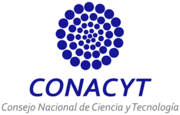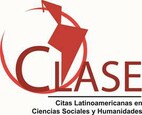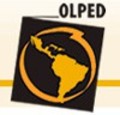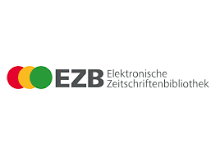Language as a psychological tool for learning from collaborative work in face-to-face and distance education within the Zone of Proximal Development.
Abstract
The sociocultural theory has generated transcendental contributions to educational constructivism; the Zone of Proximal Development is one of them, due to its theoretical characteristics and possibilities of implementation under face-to-face and distance teaching models, which aim to promote greater student commitment in the construction of their learning associated with the development of interaction and collaboration, Therefore, this article presents an analysis carried out from the perspective of language as a psychological tool for the student to carry out the meaning and appropriation of current sociocultural knowledge, through social interaction with their peers, a necessary condition for the Zone of Proximal Development can be established in educational spaces.




































1.png)







1.png)







